Modi’s Wembley spectacle impresses UK press amidst ‘pariah’ theme
Sat 14 Nov 2015, 16:52:25
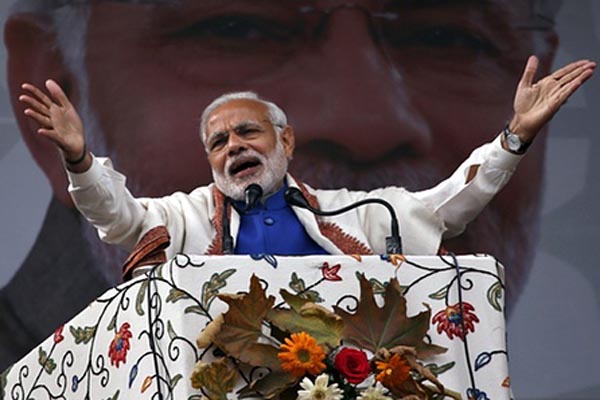
Narendra Modi’s Wembley pageant was covered prominently by most British newspapers on Saturday but the Prime Minister continued to be viewed as an “ex-pariah” amidst commentary that there was “too much hype and hyperbole” about his visit.Unlike on Friday, Modi’s peregrinations on the second day of his three-day visit did not make any of the front pages on Saturday, which were dominated by the attacks in Paris that killed at least 120.The Daily Telegraph – perceived to be pro-Conservative – led the Wembley coverage, devoting two pages and splashing six photographs, including one of Prime Minister David Cameron’s wife Samantha in a designer sari.The newspaper’s report was headlined “Mass hysteria makes Modi man of the moment”, while the strapline read: “Rock-star reception at Wembley for the Indian prime minister at celebration of cultural cross-over”.“From pariah to pop star as Modi plays Wembley” was the headline of the report in The Times, but it was juxtaposed with an analysis titled “Foreign Office opens for business with despots”. The analysis included a list of eight controversial foreign leaders visiting Britain, including Modi.The Times also prominently published a cartoon depicting Modi as a snake-charmer with Cameron in a basket, his tongue rolling out
to Modi’s strains.The Independent covered the Wembley event over two pages with the headline, “Wembley packed for the friendliest of internationals”, and the strapline, “To a pulsating Bhangra beat, Narendra Modi showcased the depth of empathy between India and its former colonial master”.The Guardian, which published several reports, columns and letters critical of Modi in recent days, ignored the Wembley event and commented on Modi’s visit in an editorial titled “Too much hype and hyperbole surround Indian leader’s trip”.The editorial said: “As Narendra Modi and David Cameron leap from crag to crag of ever more outrageous flattery, one might wish that the affair could have been pitched on a somewhat low level.”It added, “The mundane truth is that this trip is basically about seeking advantage in the day-to-day politics of both countries…A better economic relationship with India is desirable, but do we need to pay a high political price for it, or to set it to music as if it was a story of love at last requited?”It added: “The reality is that, with the exception of export industries directly controlled or regulated by governments, it is the interaction of businesses in the marketplace, not exhortations by ministers, that creates strong and durable flows of commerce.”
to Modi’s strains.The Independent covered the Wembley event over two pages with the headline, “Wembley packed for the friendliest of internationals”, and the strapline, “To a pulsating Bhangra beat, Narendra Modi showcased the depth of empathy between India and its former colonial master”.The Guardian, which published several reports, columns and letters critical of Modi in recent days, ignored the Wembley event and commented on Modi’s visit in an editorial titled “Too much hype and hyperbole surround Indian leader’s trip”.The editorial said: “As Narendra Modi and David Cameron leap from crag to crag of ever more outrageous flattery, one might wish that the affair could have been pitched on a somewhat low level.”It added, “The mundane truth is that this trip is basically about seeking advantage in the day-to-day politics of both countries…A better economic relationship with India is desirable, but do we need to pay a high political price for it, or to set it to music as if it was a story of love at last requited?”It added: “The reality is that, with the exception of export industries directly controlled or regulated by governments, it is the interaction of businesses in the marketplace, not exhortations by ministers, that creates strong and durable flows of commerce.”
No Comments For This Post, Be first to write a Comment.
Most viewed from International
Most viewed from World
AIMIM News
Latest Urdu News
Most Viewed
May 26, 2020
Do you think Canada-India relations will improve under New PM Mark Carney?
Latest Videos View All
Like Us
Home
About Us
Advertise With Us
All Polls
Epaper Archives
Privacy Policy
Contact Us
Download Etemaad App
© 2025 Etemaad Daily News, All Rights Reserved.


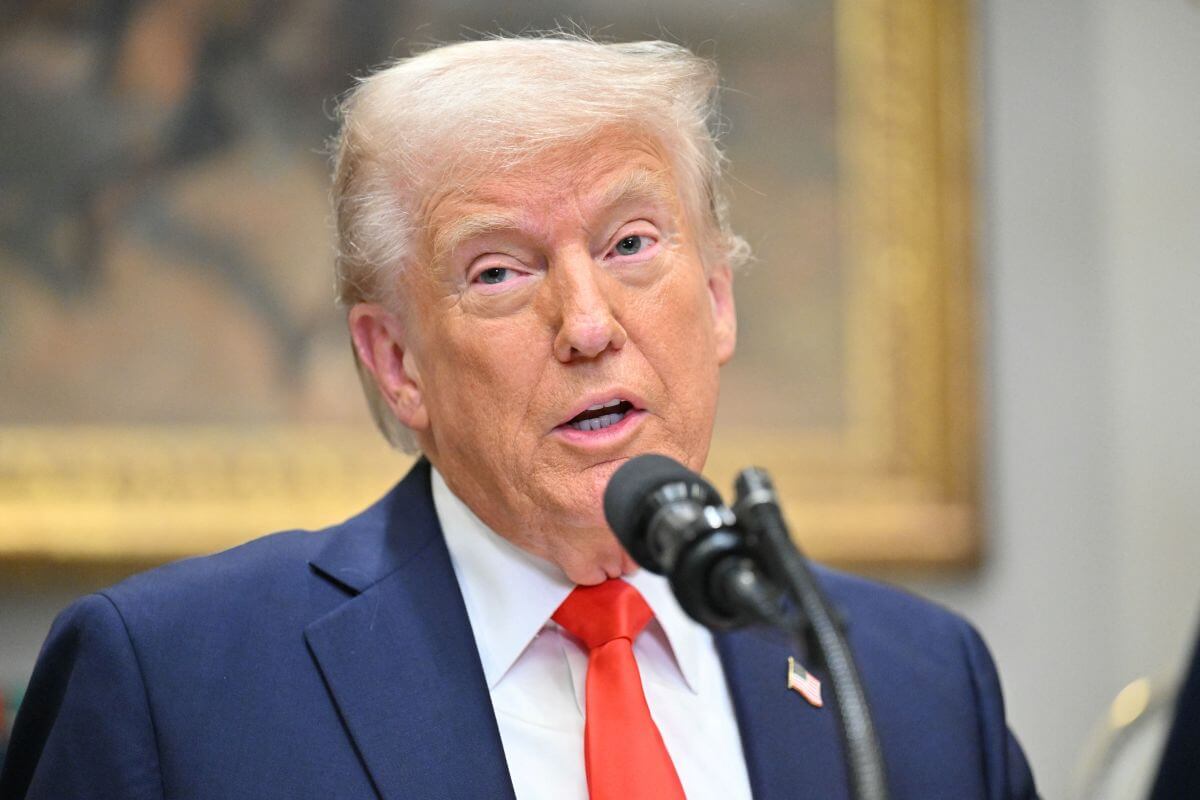
.jpg)
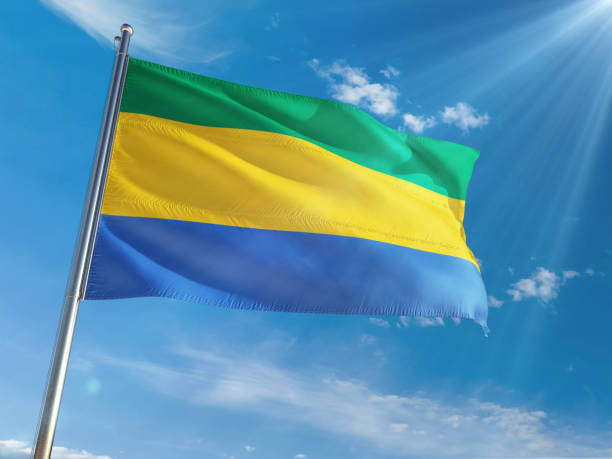
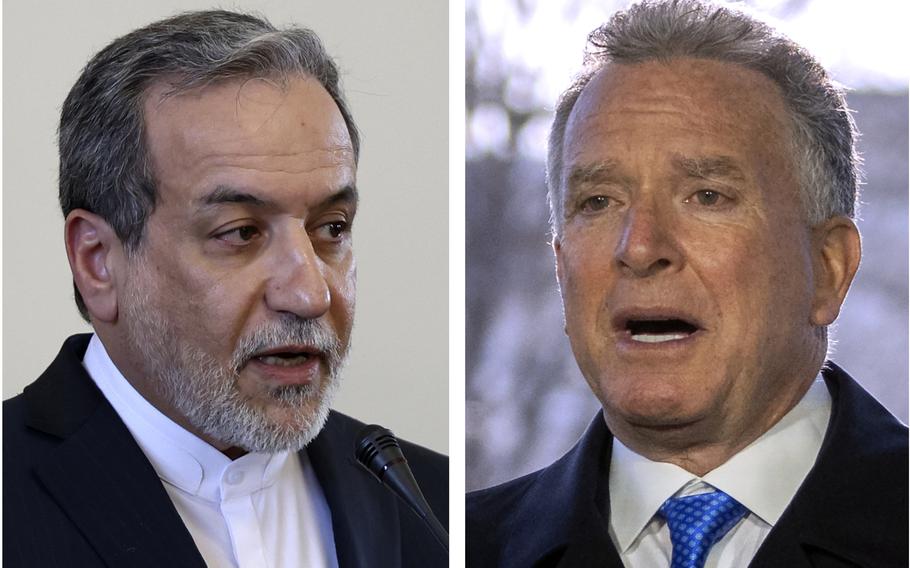

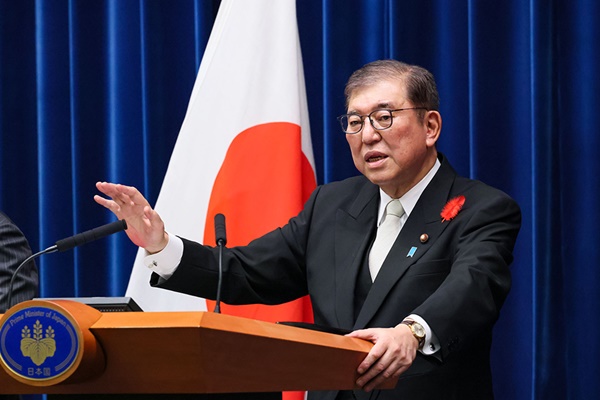
.jpg)
.jpg)
.jpg)
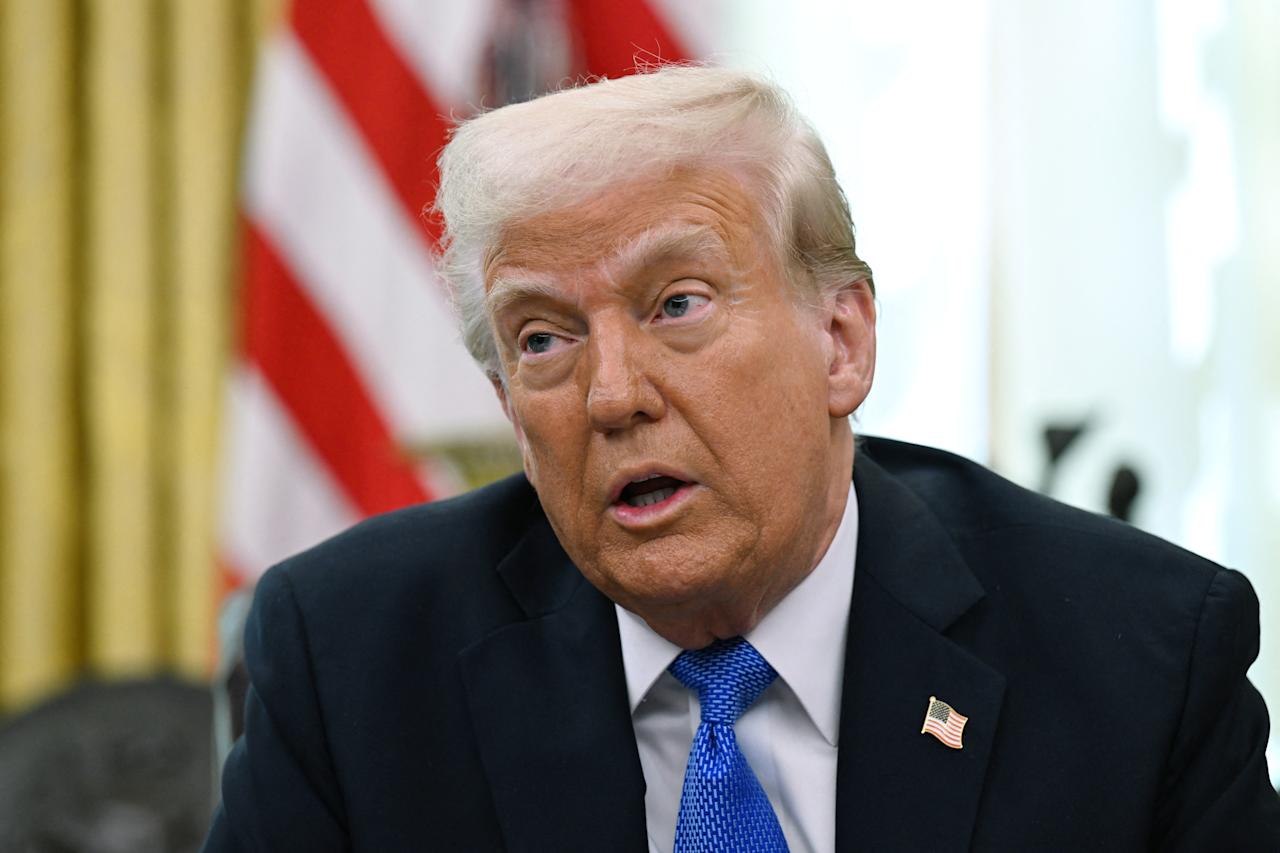
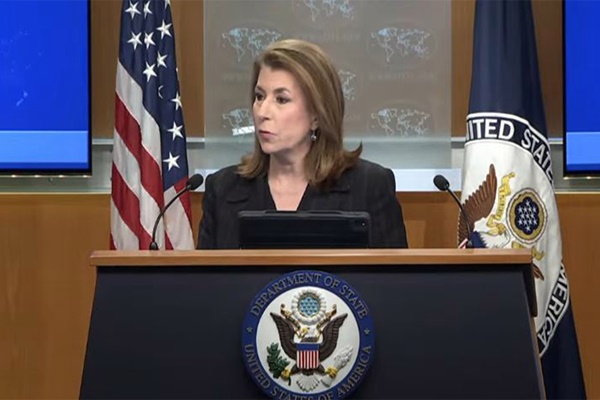
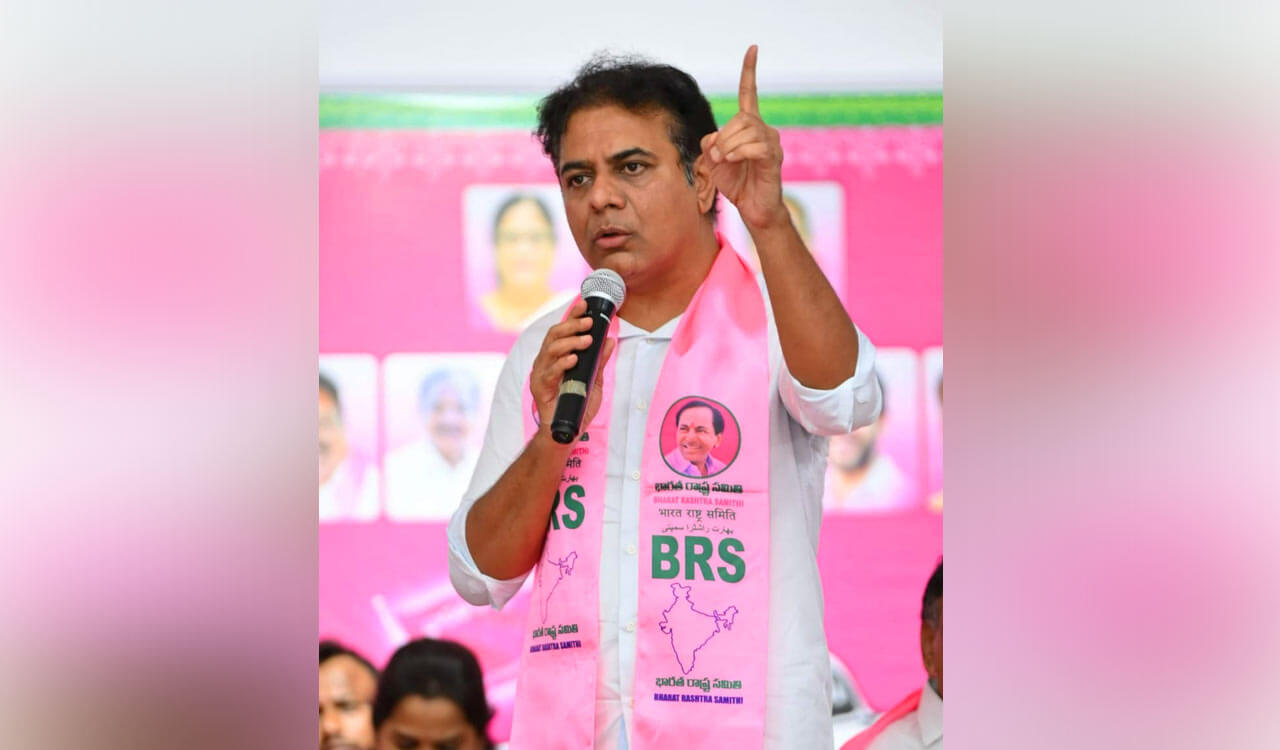

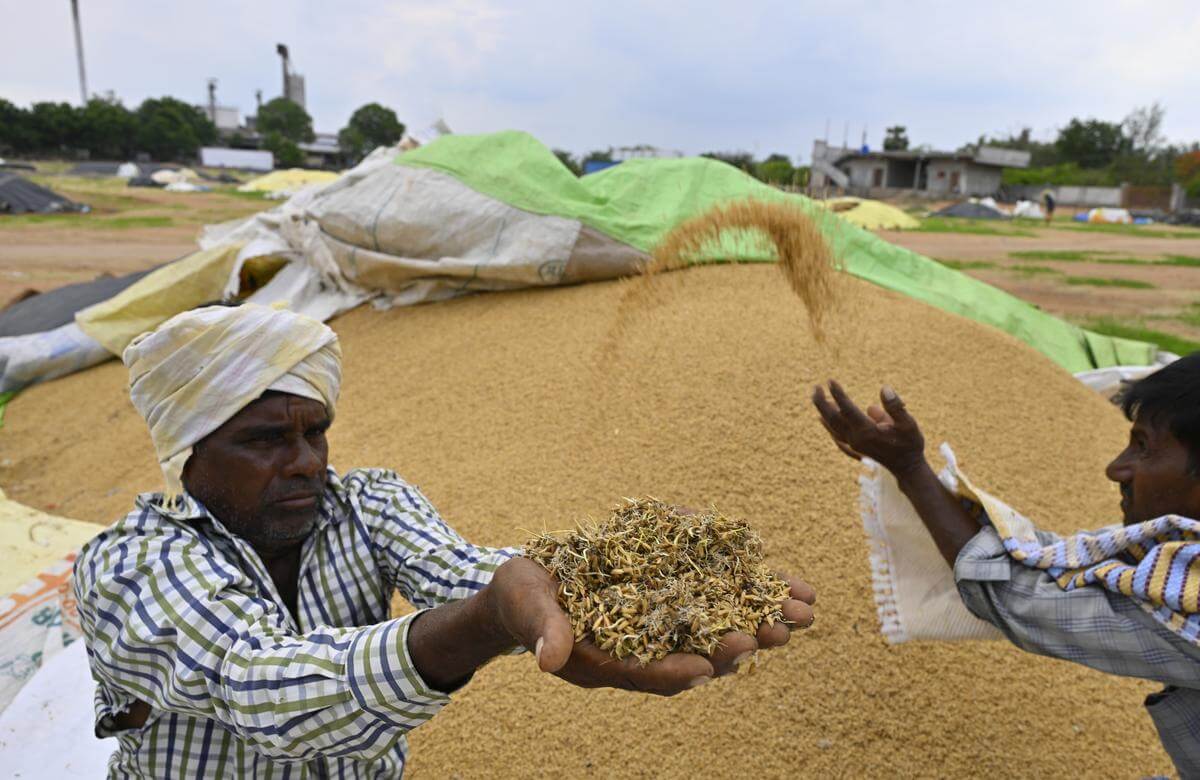



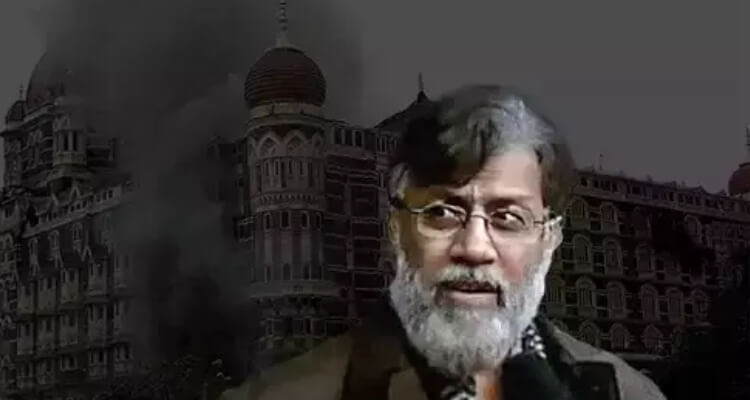
.jpg)
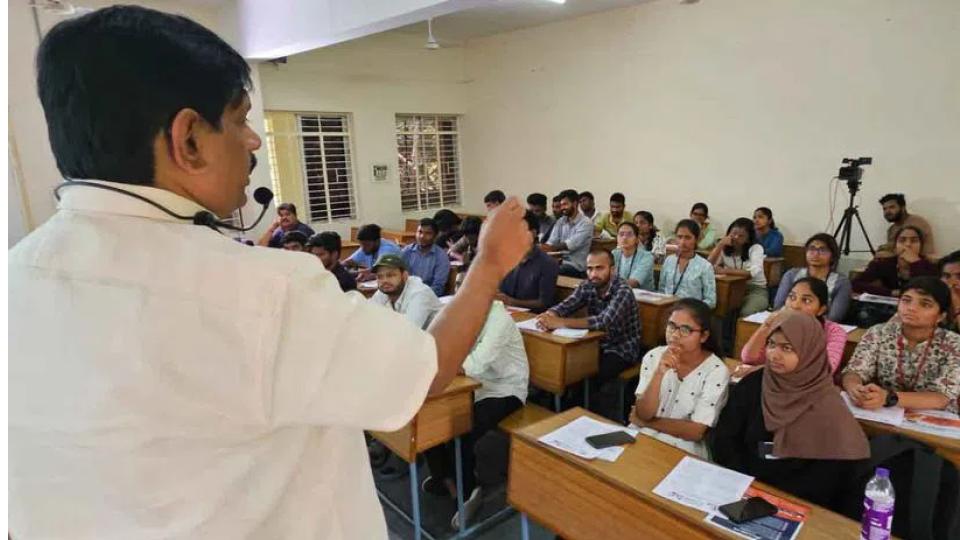
.jpg)
.jpg)
.jpg)

















